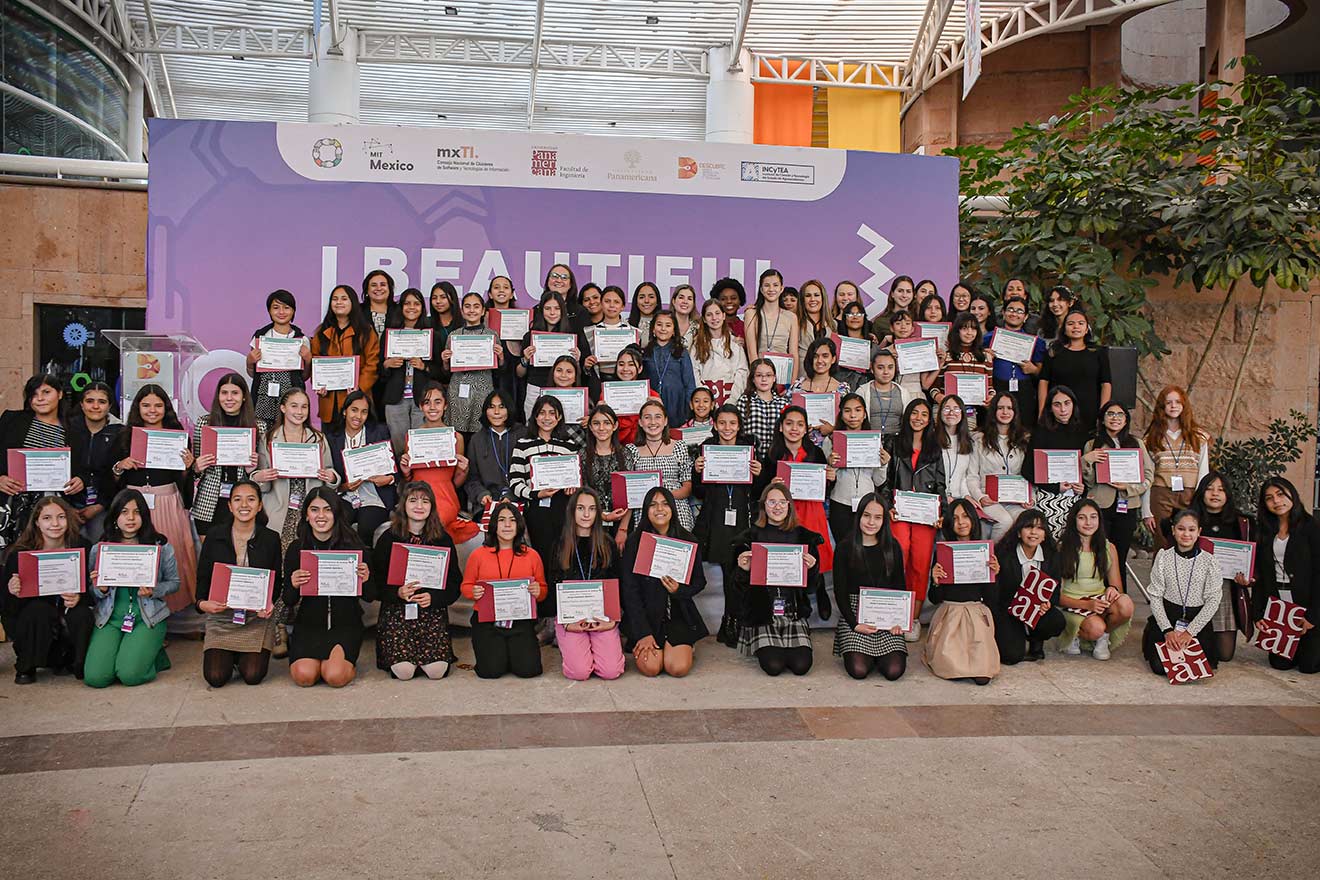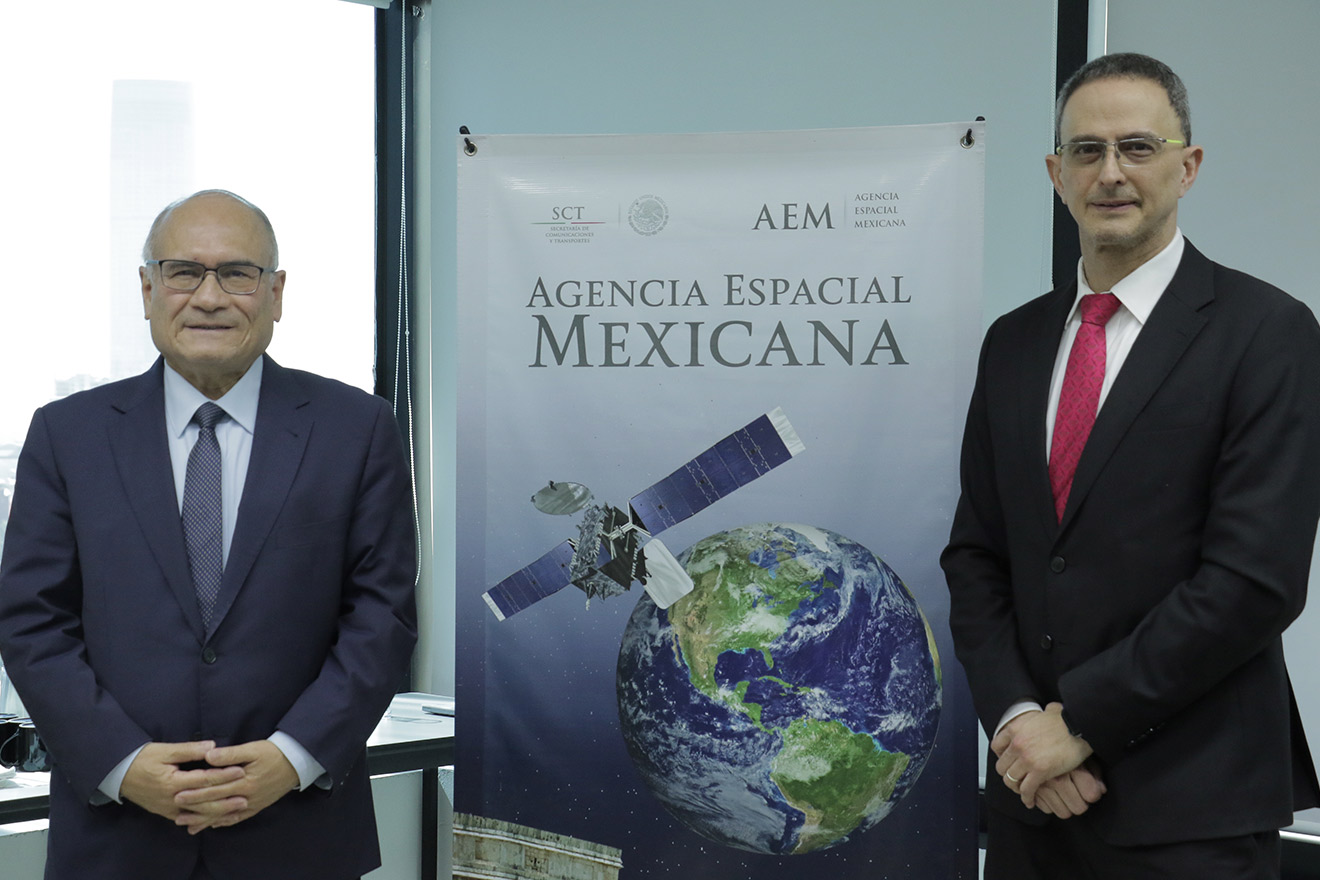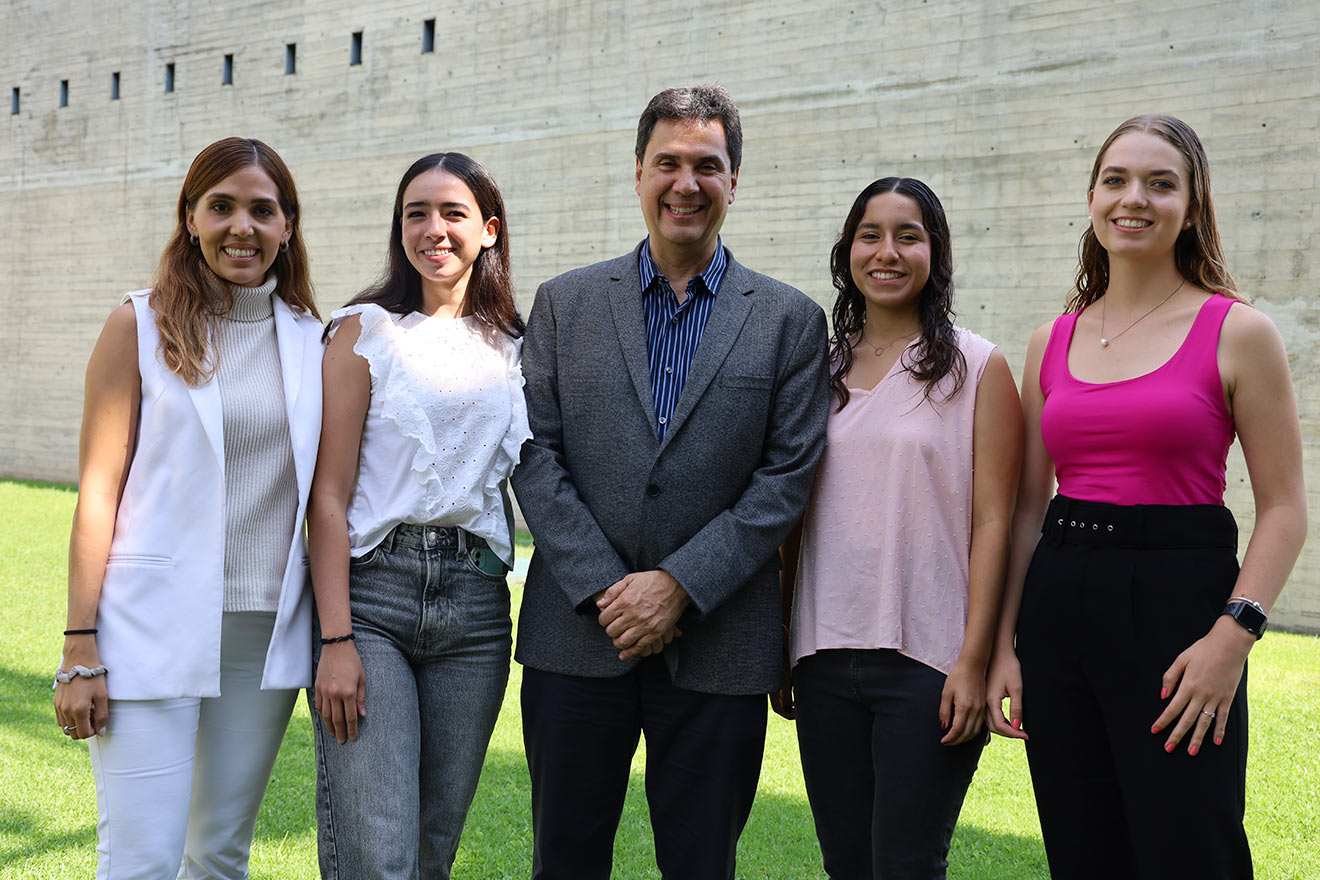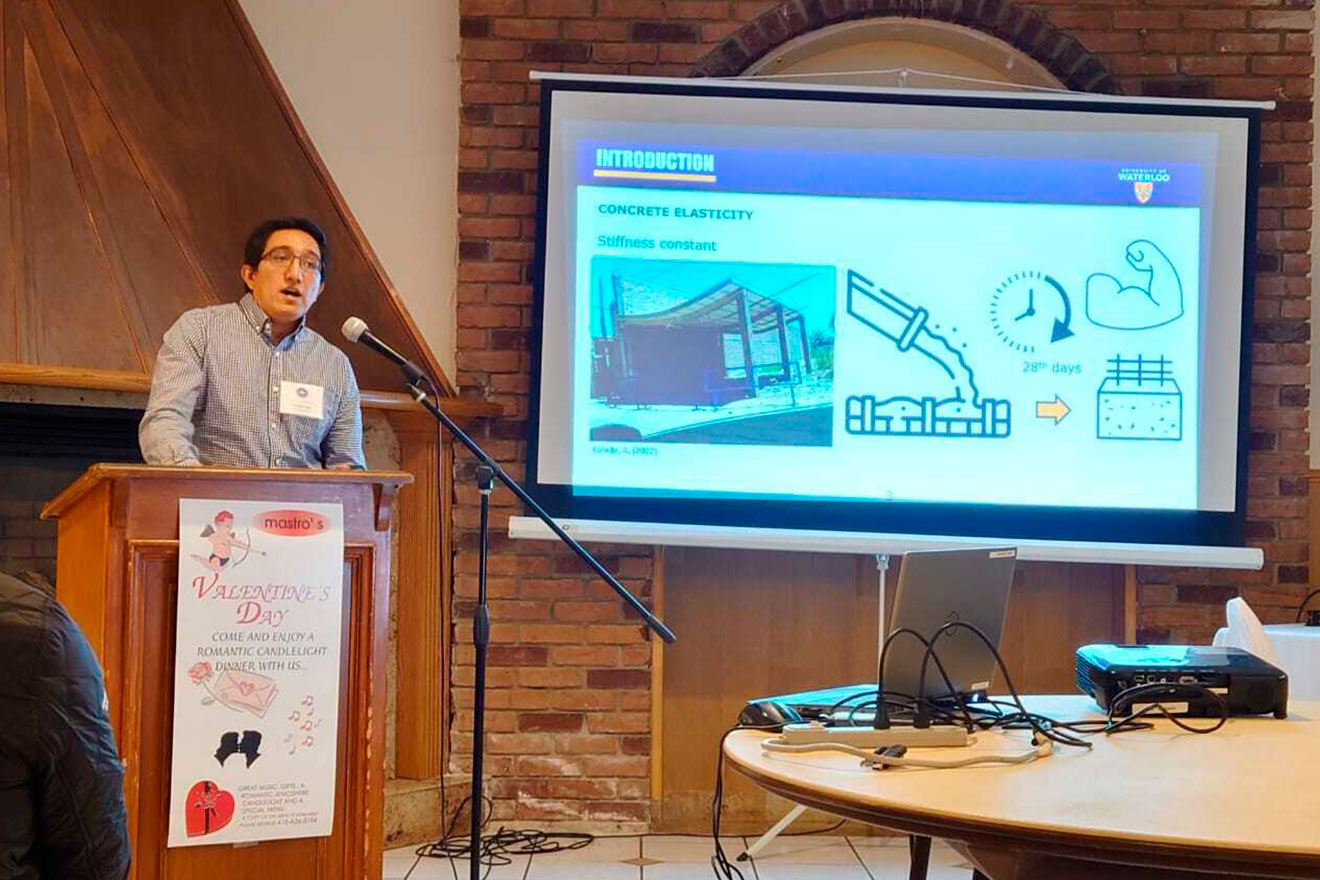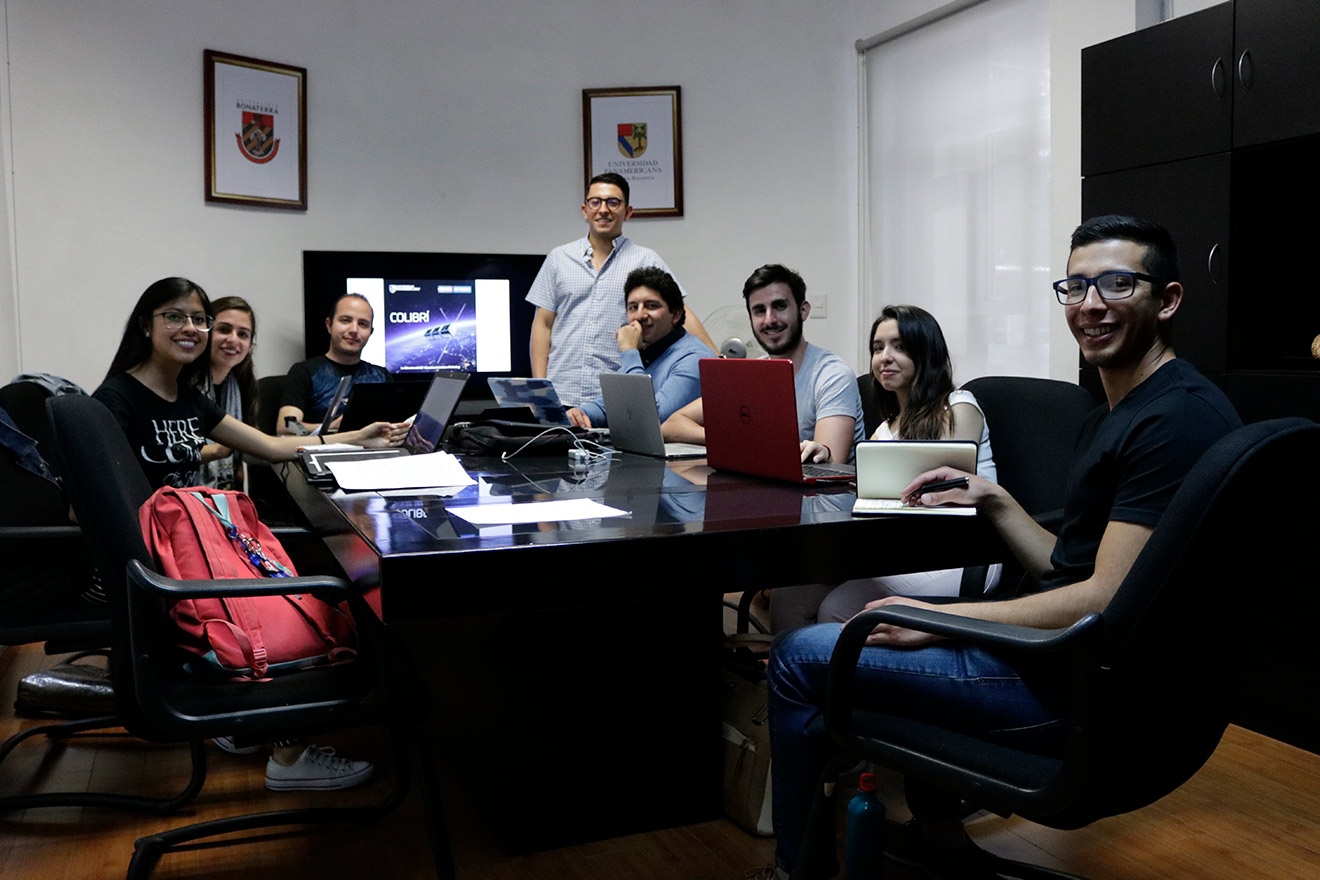The last 70 years have witnessed unprecedented technological progress in the area of computing. From the first computers that Alan Turing began to design to the more recent emergence of virtual reality environments, we have seen many of our tools and activities become more and more technologically advanced, we have seen many of our tools and activities become more and more technologically advanced..
This change has been so radical that that there is talk of us being in a 4th technological revolution, which, because it is so close to us, is difficult to fully understand and properly assess.which, because it is so close to us, is difficult to fully understand and properly assess.
Advances in technology are becoming greater every day.
The truth is that we are immersed in an environment where computational advances are constantly threatening to overwhelm our most basic human capacities. and they are, at the same time, very impressive, but also terrifying.
Against this background, we must not lose sight of the fact that technology is still the result of human activity and that behind every machine and every computational implementation, there are human beings who generated the idea and that behind every machine and every computational implementation, there are human beings who generated the idea from its most basic and intuitive level to its ultimate physical materialisation.
This is where the need to reflect on these advances, not only from a technological or engineering not only from a technological or engineering perspective, but from a philosophical perspective, particularly from an ethical one.
Ethics is the philosophical discipline that deals with the study of human actions by evaluating them as good or bad in moral terms.
The human being as a being endowed with reason and will, who can choose the course of his or her actions, is often the starting point for the discussion of ethics, questions such as freedom, conscience, autonomy and responsibility are often raised in the ethical discussion..
Why is ethical reflection on technology and especially on artificial intelligence developments important?
Firstly, because these developments, from their generation to their implementation, will shape, to a large extent, the kind of society and the kind of human beings we are and will become.
They will be presented according to a specific assessment and will determine such important questions as which jobs will be done by machines instead of humans, for example.
From deciding whether to approve a computer development that could take away an important source of work for humans, to proposing that robots care for the disabled or elderly, every technological advance has an important ethical dimension that requires all members of society, engineers, users and policy makers alike, to understand what changes these developments will bring about and to reflect on whether it is appropriate for them to do so. and reflect on whether or not it is appropriate to bring about such change, or to propose under what conditions it should take place.
Objectives to understand Artificial Intelligence
On the other hand, artificial intelligence, having started as a project that sought to create machines that emulate humans, has generated a large number of myths surrounding it and there are often misconceptions about what can really be achieved with machines that use this type of technology. often have misconceptions about what can actually be achieved with machines that use this type of technology.
This also implies that, We are often unaware of the true scope and risks of these systems, so it is important to be very clear about what these are.It is therefore important to be very clear about what these are. For example, when we talk about "autonomous" cars or weapons, autonomy is not understood in the same way as human autonomy.
It is very important to understand the differences between the two autonomies in order to better decide whether to let cars or weapons drive themselves or not.
This January 2022, UNESCO published its recommendations on the Ethics of Artificial Intelligence (https://bit.ly/3qFeoBf), which constitute a call to society as a whole to reflect on the role that technology plays in our lives from an ethical perspective.. It is worth reviewing them as it is a task that is certainly everyone's responsibility.
Researcher's details:
Dr. Karen González Fernández
Lecturer-researcher at the Faculty of Philosophy.
Seminar leader Logic, Epistemology and Ethics of Artificial Intelligence



